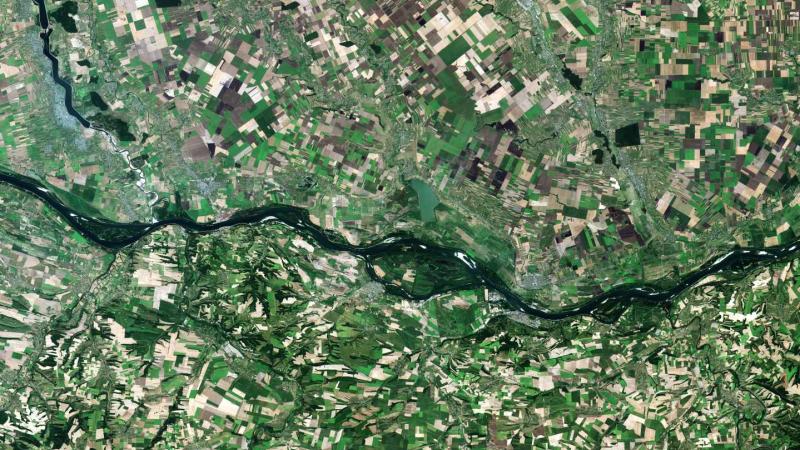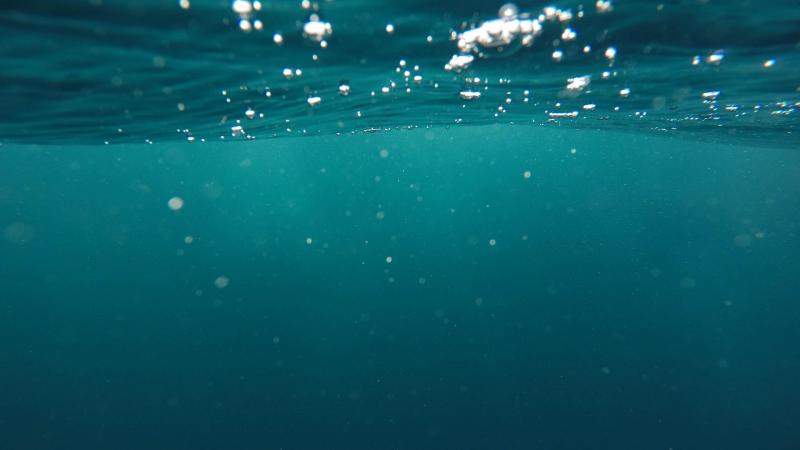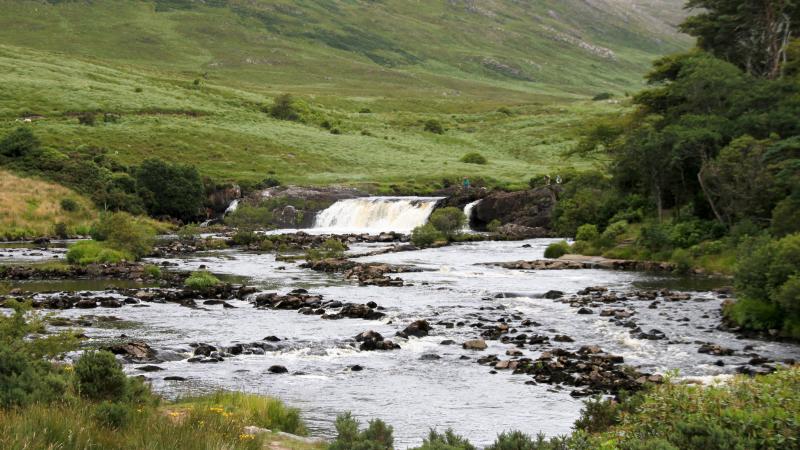Whether the Baltic Gold Loach will survive the River Oder catastrophe is still open at present. | Photo: Jörg Freyhof
"These juveniles were probably able to flee from the toxic algae load into the very shallow, near-shore areas in and behind the reeds. However, experience shows that especially in the first winter, there are heavy losses of young fish, which makes the current situation even more delicate," explains IGB fish ecologist Dr Christian Wolter.
The IGB researchers are particularly concerned about the Baltic Golden Loach, which in Germany occurs exclusively in the River Oder. The only known stable population near Reitwein was estimated at around 500 animals and currently seems to have disappeared. During the test fishing on 19 October 2022, not a single specimen was detected. Surprisingly, two days later, ten specimens of the Baltic Golden Loach were caught in the River Oder near Ratzdorf and a single specimen in the lower River Neiße. The occurrence of the species in this section of the Oder was previously unknown. "It is not known whether the animals fled and migrated from upstream stocks before the wave of poison, or whether it is a stable population that has existed for a longer time and how long the animals have been present there," explains Christian Wolter. Whether the continued existence of the species in the German section of the River Oder is secured for the time being can only be assessed after further sample fishing in the coming year.
The fish ecologist also recommends exercising special caution on the Oder: "It is important to do everything possible during the autumn and winter months to protect the Oder ecosystem so that as many animals as possible survive. River engineering measures should be avoided at all costs and the discharge of substances into the river should be urgently reduced. However, the official measuring gauge of the Brandenburg State Office for the Environment in Frankfurt an der Oder is already showing a strongly increased conductivity again, which is what happens when salt concentrations increase. What is remarkable here is that the conductivity is rising even though more water is flowing in the River Oder than in the summer months. This means that currently even more saline wastewater is being discharged into the river than was the case at the time of the acute disaster situation in summer. This situation is incomprehensible from an ecological point of view and should be analysed very carefully by politicians and authorities," underlines Christian Wolter.






